Performax founder turns car hobby into $25 million success
FORMER motor mechanic Greg Waters has built a $25 million business based on Australian’s growing penchant for supersized US-made pick ups.
QBM
Don't miss out on the headlines from QBM. Followed categories will be added to My News.
Greg Waters sold a much-loved boat to pay for his first American-built muscle car. Almost 30 years later, the former mechanic has built a $25 million business based on Australia’s growing penchant for supersized US-made pick-ups and SUVs.
Waters and partner Brian Learoyd each year convert more than 200 imported vehicles, including American-built Chevrolet Silverados and Ford Super Duties, into right-hand drives so they can be driven on Australian roads.
What started as a hobby for the childhood friends is now a Gympie-based business that employs more than 60 people and keeps alive one of the last remnants of car manufacturing in Australia. Both men were racing enthusiasts but looking to start their own business when Performax was born in 1989.
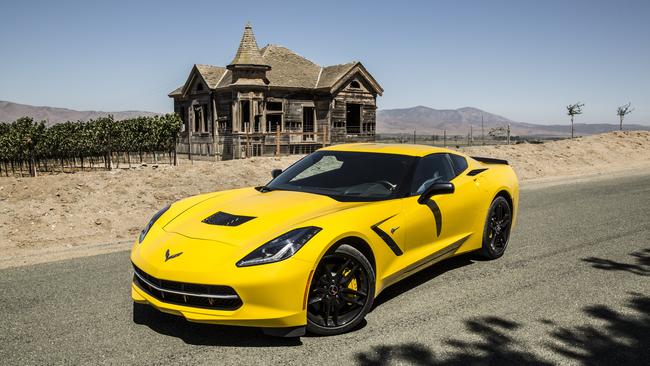
“We got the idea of going to the US, buying a Corvette, converting it to right-hand drive and bringing it back to Australia to sell,” recalls Waters.
“I was backpacking around the world and ended up in Los Angeles. We bought the Corvette for about $6000 and I had to sell my boat to help pay for it.”
It took the men six months to complete their first conversion in Brian Learoyd’s shed. “Then we imported a few more Corvettes, selling them to enthusiasts,” Waters says.
Things got a bit more serious for the men when they received a contract from the Victorian government to convert imported GMC vehicles to right-hand drive so they could be used as ambulances.
“We did 175 of those and that was a good learning experience,” he says.
“It taught us a lot about conformity of production and processes.”
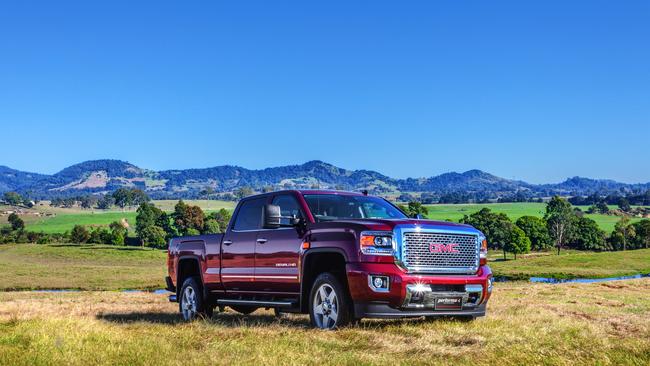
Performax then moved into private pick-up trucks that were more powerful and bigger than the local models on Australian roads. These days it takes an average of five days for Performax to convert a vehicle. The process is complex and labour intensive.
The front end of the vehicle, including dashboard, steering controls and airconditioners, have to be taken out and replaced for right-hand drive.
“Nothing fits from one side to the other,” says Waters. The company makes many of the new parts required for the conversion, including airconditioning ducts and dashboards, while other components are sourced from overseas.
“We have plastic injection equipment and can use a 3D printer for some parts,” he says.
In one room at the factory, coils of different coloured wires are used by workers to lengthen connections to steering and airconditioning systems.
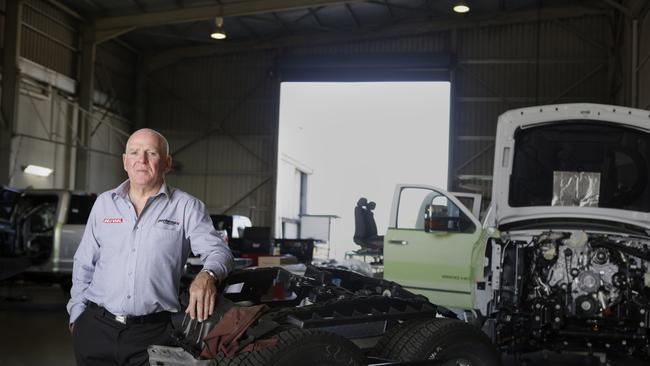
Waters says the growing sophistication of vehicles, particularly computerisation of controls, has made converting them a much more difficult proposition. “You just can’t go down to the wrecker’s and get a part for these vehicles,” he says, pointing to a steering control that has a specially machined part so it can be converted to right-hand drive.
Waters says his customers include race crews who need to pull heavy race cars on trailers, farmers and show people. An average conversion costs about $40,000 with the vehicles selling for between $100,000 and $200,000.
There is also demand from people who want to tow increasingly heavy caravans and boats. “It can be a bit of a pissing contest in that my boat is bigger than yours,” says Waters . “But most of our customers have a genuine need for the cars.”
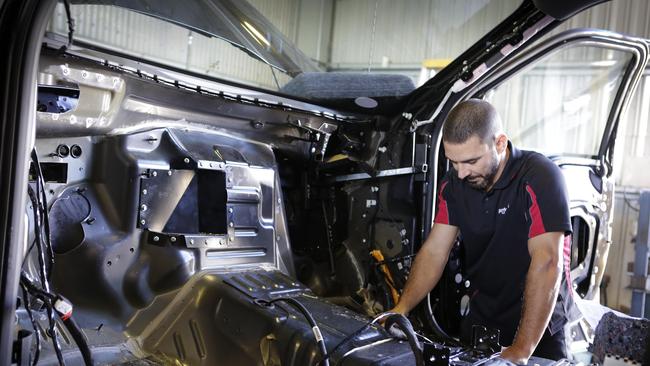
Waters concedes his business’s existence is based solely on a quirk of Australian bureaucracy. “Australia is the only country in the world that requires compulsory right-hand conversions,” he says. “Most countries are either left-hand drive or allow vehicles with both left and right steering to be driven on their roads.”
Performax employs several full-time engineers to ensure Australian regulations are complied with. “We are a bit of a cottage industry really but we do a good job,” he says. “We also provide jobs for a small community that really needs them.”
Brynt Seale has spent 20 years at Performax, starting as a 17-year-old, and is now one of the senior team members at the company. “I like the diversity of the work and the fact you are doing something different every day,” says Seale.
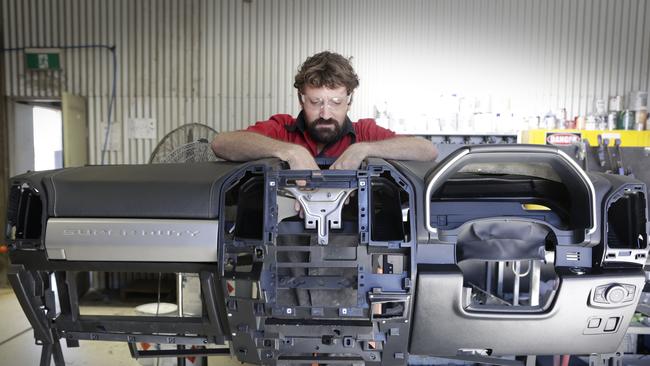
Waters says he is saddened by the recent closure of the Australian car manufacturing industry. “You can’t keep propping up an industry – they don’t prop me up – but it is sad,” he says. “We are the only developed country in the world without a car industry.”
Performax has opened a $5 million showroom and parts centre at North Lakes where Waters operates a dealership for the SUV Haval, owned by Great Wall Motors.
Waters sees the showroom as a good complement to Performax’s right-hand drive conversion business. “I really want to start selling Havals to the soccer mums,” he says.


